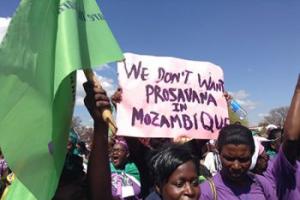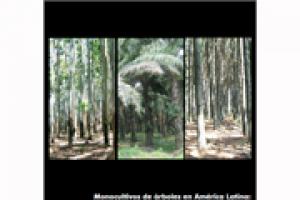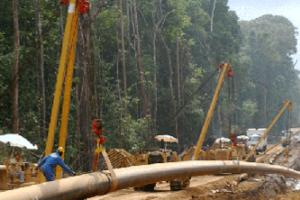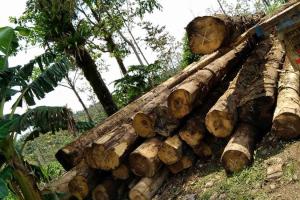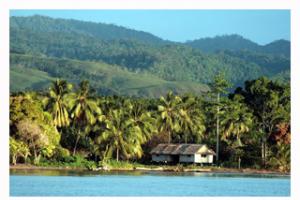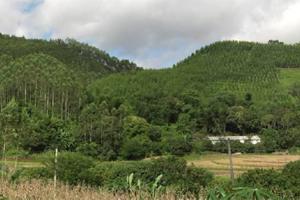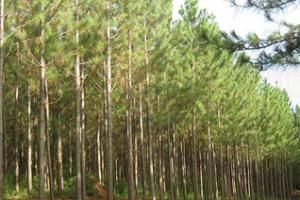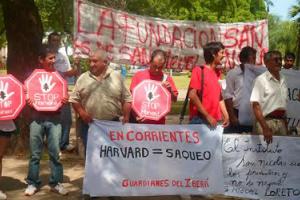Large-Scale Tree Plantations
Industrial tree plantations are large-scale, intensively managed, even-aged monocultures, involving vast areas of fertile land under the control of plantation companies. Management of plantations involves the use of huge amounts of water as well as agrochemicals—which harm humans, and plants and animals in the plantations and surrounding areas.
Publications
29 August 2014
Only available in Spanish
By the WRM and RECOMA
Download as pdf here
Other information
20 August 2014
For Immediate Release, 20 August 2014
Bulletin articles
4 July 2014
Other information
4 July 2014
FSC Watch .
In July 2010, Suzano Pulp and Paper bought the biotechnology company FuturaGene, which for the past 8 years has been carrying out field trials of genetically engineered eucalyptus. In January 2014, FuturaGene applied to Brazil’s National Technical Biosafety Commission (CTNBio) for approval to plant GE trees on a commercial scale. Suzano is FSC-certified and plans to plant GE trees on a commercial scale.
Action alerts
17 June 2014
Press release by GRAIN | Oakland Institute | World Rainforest Movement
Contacts:
Nasako Besingi, Struggle to Economize Future Environment (SEFE)
+23775136000 nasako.bondoko@gmail.com
Other information
10 June 2014
In a context of massive land concessions in Cameroon over the last five years, apresidential decision in 2013 to grant the US based company Herakles Farms almost 20,000 ha of native land for the establishment of a large-scale oil palm plantation ignored the long local people and organizations’ opposition to the projectthat would destroy a densely forested area.The move raised a broadly supported international “call to action” in December 2013 demanding the President to cancel the decision.
Other information
10 June 2014
A broad coalition of organisations has launched an international call to request that the parties to the Convention on Biological Diversity (CBD) and the Cartagena Protocol on Biosafety implement binding regulations to stop the spread of genetically engineered organisms into the environment.
Other information
10 June 2014
The people of Collingwood Bay in Papua New Guinea have won back their land from Malaysian loggers and oil palm companies after a hard fought battle.
Bulletin articles
10 June 2014
Mozambique is a country where tree plantations dates back to colonial times, when Portugal encouraged the planting of eucalyptus and pine trees. By independence there were 20,000 hectares of tree plantations of exotic species in seven provinces.
Bulletin articles
10 June 2014
Harvard University is the owner, through the Harvard Management Company (HMC), of the world’s largest endowment, which handles 32 billion dollars annually. Of this total, around 15% is devoted to forestry investments around the world.
